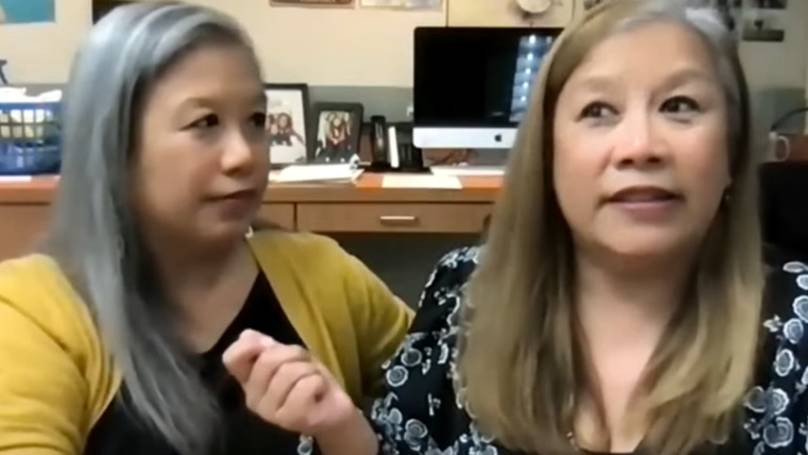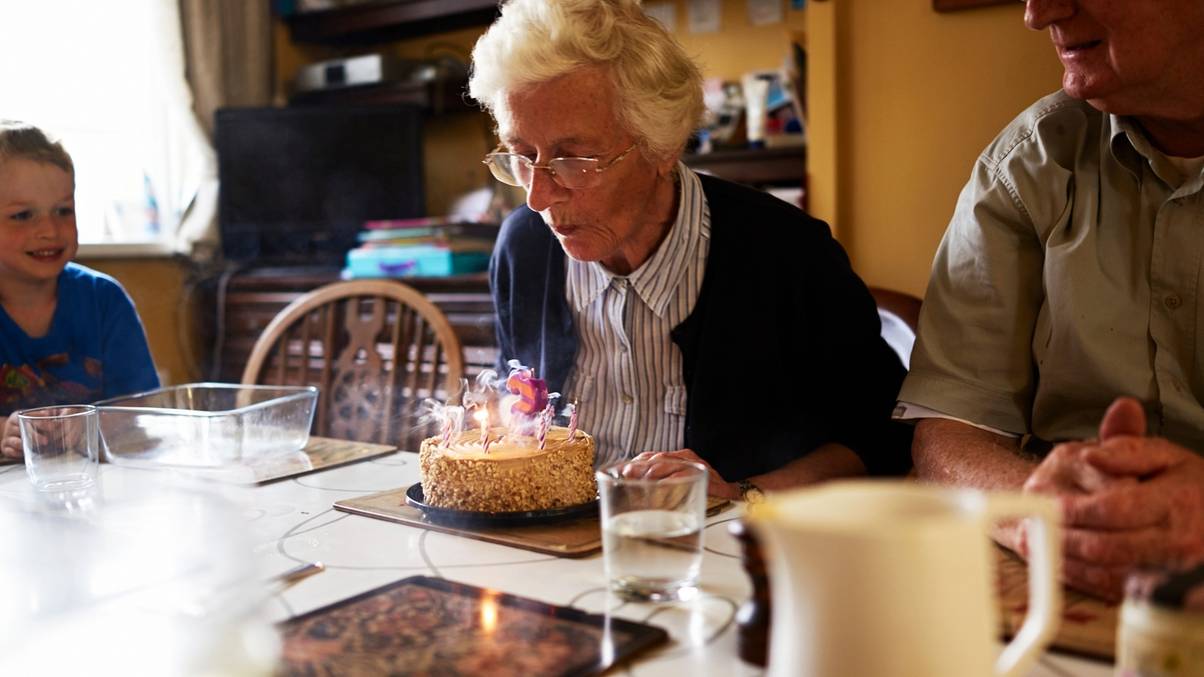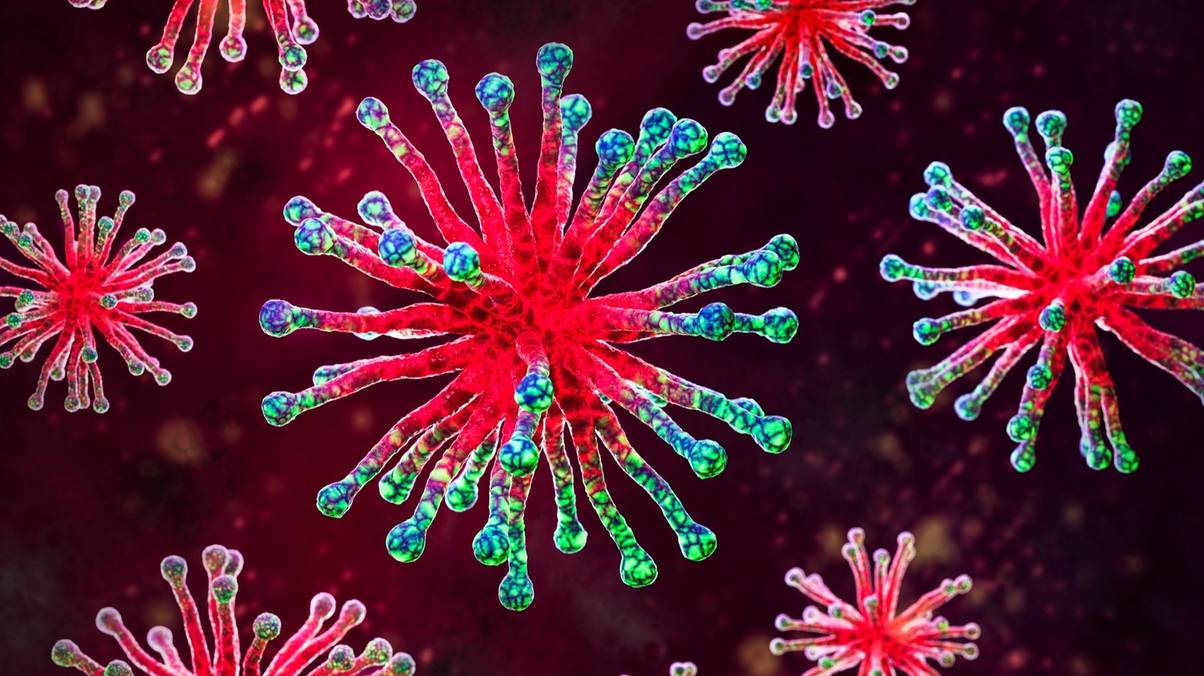“Twins Take on the Ultimate Diet Duel: Vegan vs. Omnivore—The Shocking Results Will Make You Rethink Your Plate!”
Have you ever wondered what it would be like to have a built-in partner-in-dining, especially when it comes to deciding between a plate of veggies and a juicy steak? Well, that’s exactly what a pair of identical twins, Rosalyn Moorhouse and Carolyn Sideco, discovered as they embarked on a unique journey of dietary exploration in a Stanford study! Researchers aimed to settle the age-old debate over the health benefits of a vegan diet versus an omnivorous one, using these twins as living laboratories. With one twin choosing the plant-based route and the other indulging in a diet replete with meat, fish, and all the good fixings, the results were as intriguing as they were enlightening. After just eight weeks, the comparative impacts on their health markers offered fresh perspectives on dietary choices. Curious to find out if it’s possible to beef up your heart health while going green? Let’s dive into this fascinating study! LEARN MORE
A pair of identical twins have been studied by university researchers to try and answer whether a vegan or omnivore diet is better for us.
The twins, Rosalyn Moorhouse and Carolyn Sideco, took part in a Stanford study, which assessed different health markers based on consuming a vegan plant-based diet, and an omnivorous diet including meat and fish as well as fruit and veg.
The twins explained that their ‘uniqueness is tethered to the fact that there is someone else who is genetically the same as me.’
They were one of 22 sets of twins who took part in the study, with researchers examining them for a period of eight weeks.
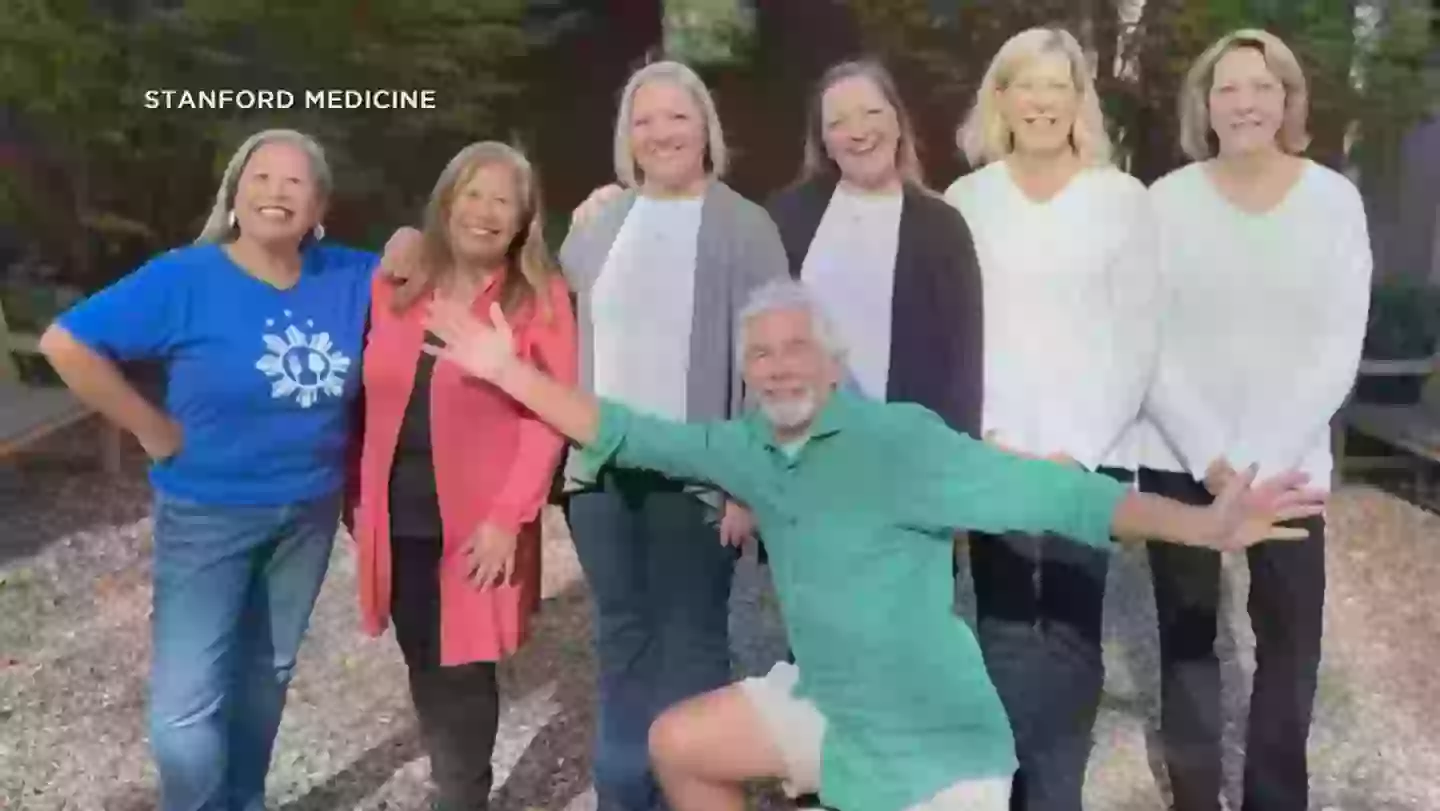
22 sets of twins took part in the research study comparing vegan and omnivore diets (Stanford EDU)
Carolyn was selected at random to be the twin undertaking a vegan diet for the duration of the study: “It was challenging, just as I had expected”, she confirmed.
The twins were separated by diet, but both ate plenty of healthy things with meals full of vegetables, legumes, and whole grains, with no starches and refined sugars.
No junk food here!
For the first four weeks of the study, participants had 21 meals delivered to them consisting of 7 breakfasts, 7 lunches, and 7 dinners.
After that, for the remaining four weeks they were on their own to prepare their own food according to the plan they were on.
By the end of the trial, only one of the participants on the vegan diet had dropped out, as they couldn’t stick to it.
The only difference was that the vegan diet had no animal products, while Rosalyn on the omnivore diet could include chicken, fish, eggs, cheese and dairy in her meals.
The author of the study, Christopher Gardner, said: “They made really significant changes in a number of nutrients, a number of foods, even the omnivores.”
Researchers concluded that those on the vegan diet had the biggest improvement in their heart health over the course of the trial.
They revealed: “The LDL cholesterol dropped by 14 milligrams per deciliter, which was more than a 10% drop. They didn’t have high insulin levels, to begin with, but they dropped in the vegan group and they lost a little bit of weight.”
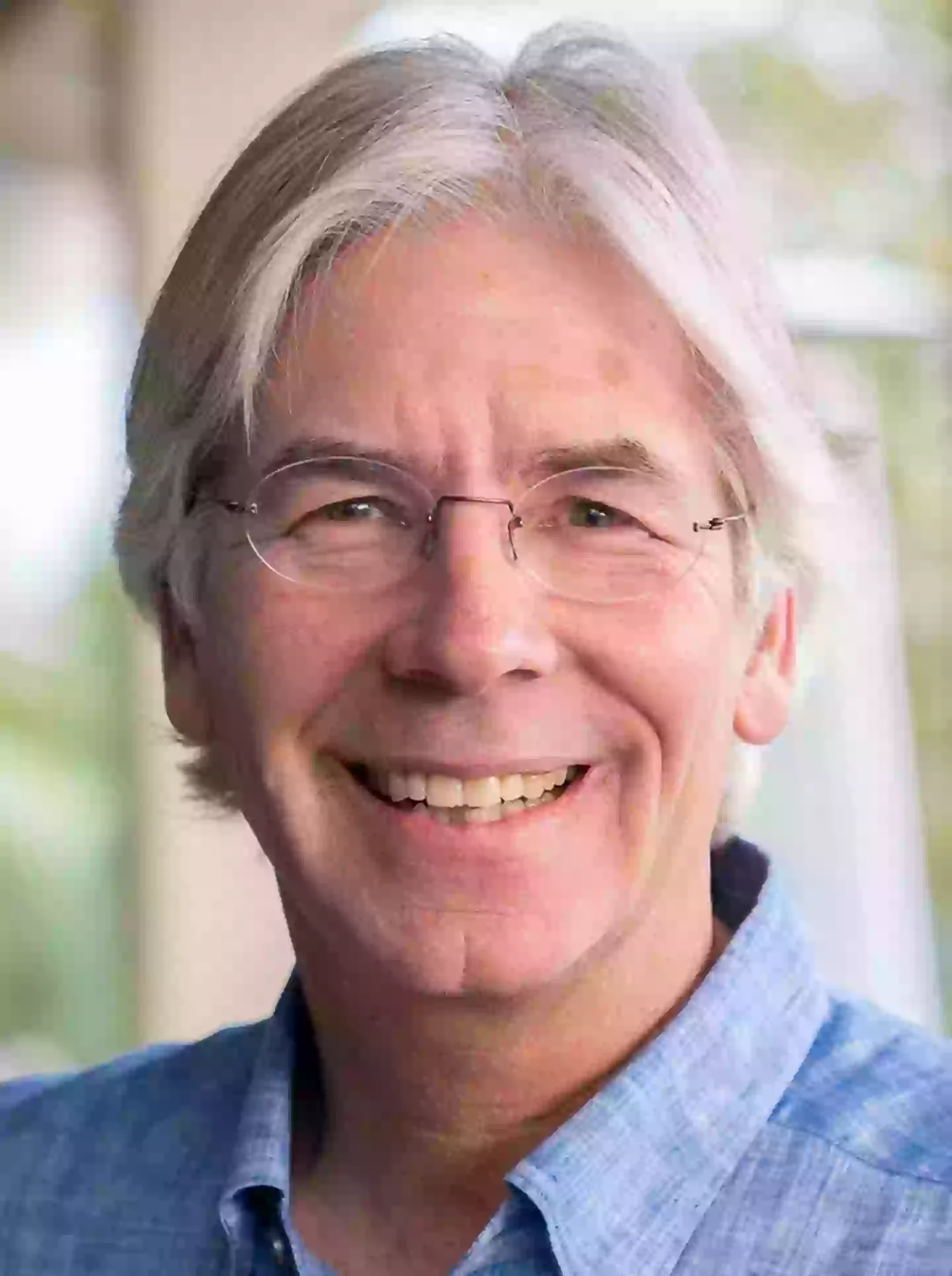
Christopher Gardner was in charge of the study and was impressed with the results (Stanford EDU)
Gardner added: “Not only did this study provide a groundbreaking way to assert that a vegan diet is healthier than the conventional omnivore diet, but the twins were also a riot to work with.
“They dressed the same, they talked the same and they had a banter between them that you could have only if you spent an inordinate amount of time together,” he exclaimed.
As for the results, he says it should show that it’s an easy change to make to be healthier: “Our study used a generalizable diet that is accessible to anyone, because 21 out of the 22 vegans followed through with the diet.
“This suggests that anyone who chooses a vegan diet can improve their long-term health in two months, with the most change seen in the first month,” he insists.
The participants already had excellent baseline levels of health when they started the study, so the experts say those with more weight to lose or suffering from other health problems could well see an even bigger improvement.
Carolyn says: “I feel even more empowered to say of all these things I can choose, I’m going to choose the healthier option or the plant-forward option.”
The study is part of a Netflix documentary, called You Are What You Eat: A Twin Experiment.

